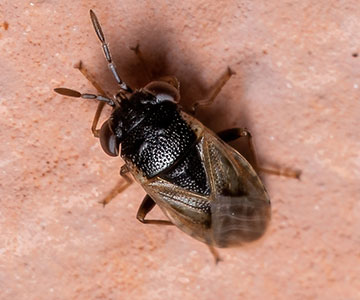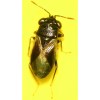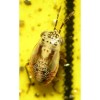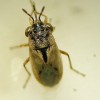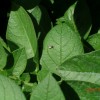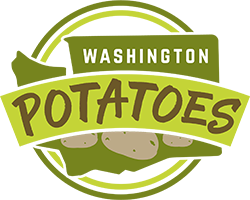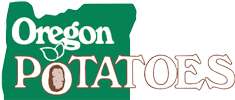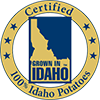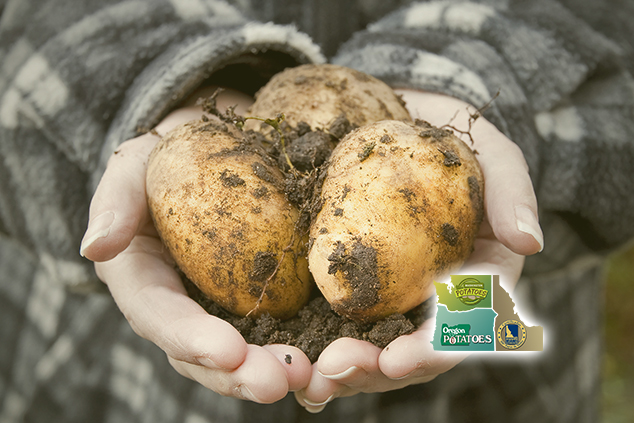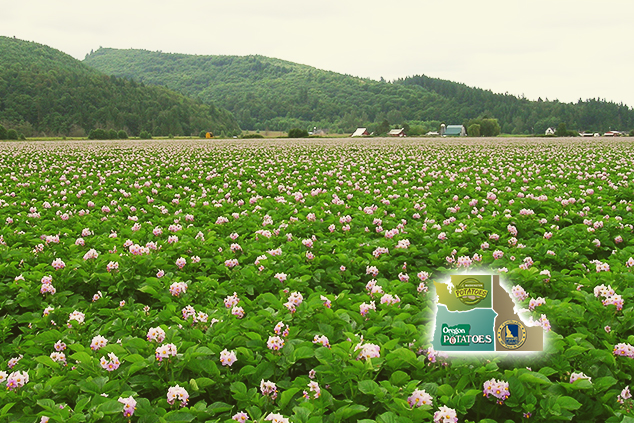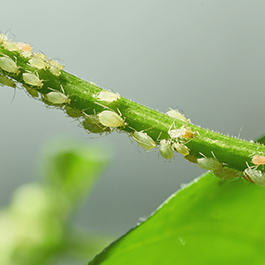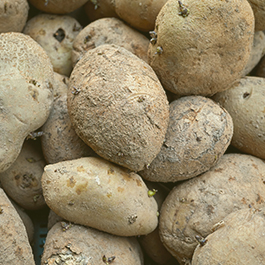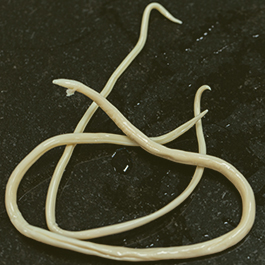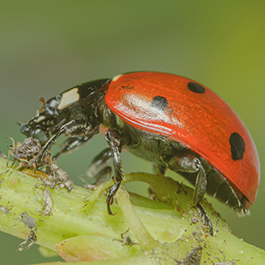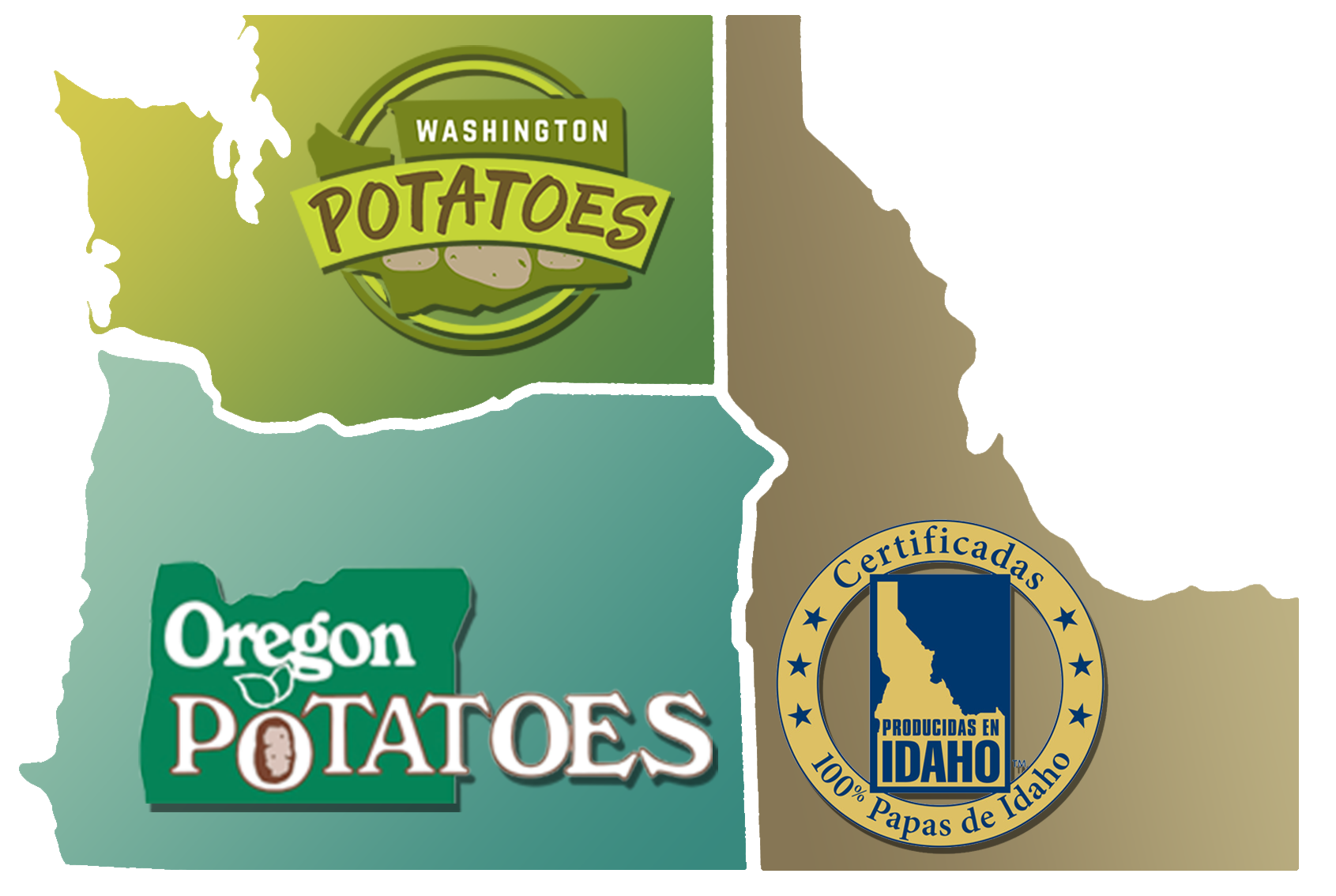Big-eyed Bugs - Geocoris spp.
General Information:
Geocoris (Big-Eyed Bugs) are predators in a family of bugs that mostly feed on seeds and plants (Lygaeidae). Both nymphs and adults are very fast moving, and can frequently be seen scurrying on the soil, in leaf litter, and on plant leaves. They capture prey and suck body fluids through specialized mouthparts.
Biology and Life History:
- Big-eyed bugs are present throughout the Northwest, and are common in or near most potato fields.
- Adult big-eyed bugs are present in early spring and colonize potato fields early.
- They are sensitive to many insecticides — care must be taken to preserve them.
- Big-eyed bugs are generalist predators, feeding on almost any insect small enough for them to catch, but they are a major predator of aphids and relatives in potatoes.
- Big-eyed bugs are small, a little bigger than aphids.

